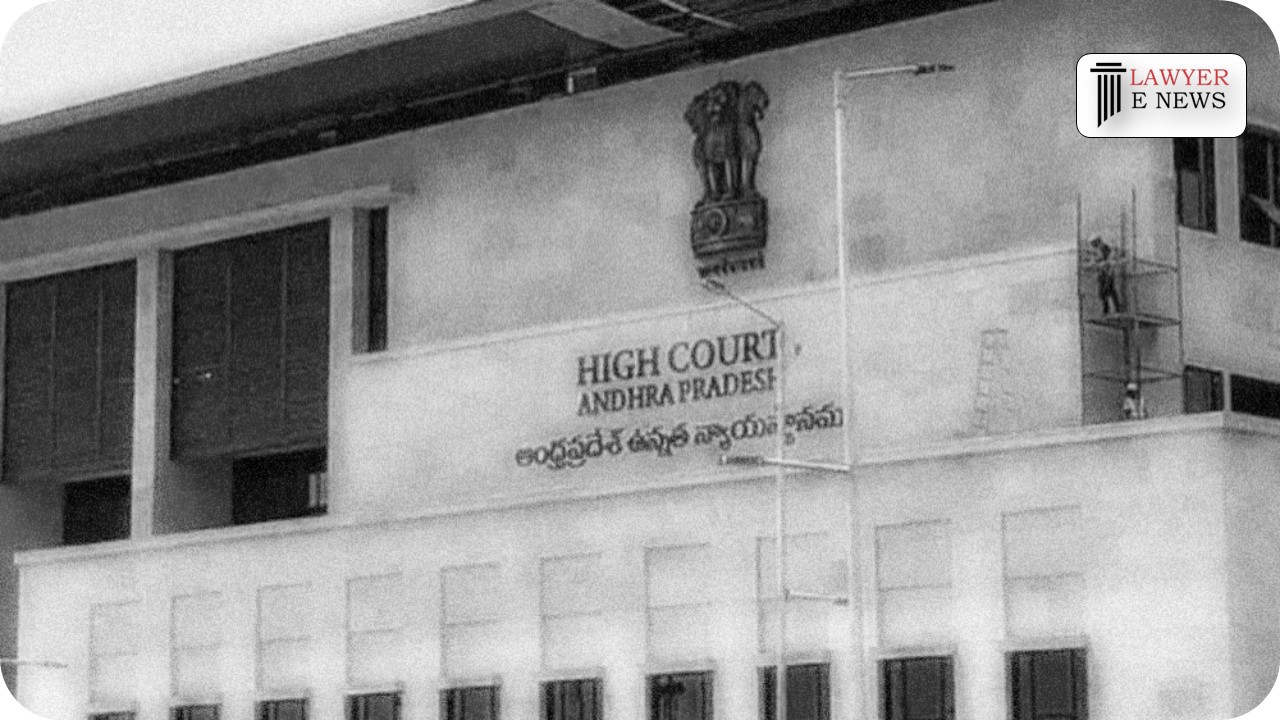-
by Admin
15 February 2026 2:16 AM



Appeals challenging dismissal of discharge petitions under Section 227 Cr.P.C. for dowry harassment and caste abuse dismissed by High Court of Andhra Pradesh.
The High Court of Andhra Pradesh at Amaravati has dismissed the criminal appeals filed by Dasari Naga Seshulu, Dasari Veeramma, and P. Nagamani, who challenged the dismissal of their discharge petitions under Section 227 of the Cr.P.C. The appellants contended the lack of territorial jurisdiction of the Special Sessions Judge, Visakhapatnam, and insufficient evidence against one of the appellants. Justice A.V. Ravindra Babu, in his judgment, upheld the lower court’s decision, affirming that the alleged offences of dowry harassment and caste abuse constituted continuous offences.
The case involves allegations of dowry harassment and caste abuse against the appellants, including the husband (A1), mother-in-law (A2), and sister-in-law (A4) of the victim. The victim’s father-in-law, initially an accused, passed away during the case proceedings. The appellants were charged under Section 498-A of the Indian Penal Code (IPC), Section 3(1)(x) of the SC & ST (Prevention of Atrocities) Act, 1989, and Sections 3 & 4 of the Dowry Prohibition Act, 1961. The appellants sought discharge on the grounds of lack of territorial jurisdiction, arguing that the alleged harassment occurred in Kurnool, not Visakhapatnam.
The appellants argued that the marriage took place in Visakhapatnam but the harassment occurred in Kurnool, questioning the jurisdiction of the Visakhapatnam court. The High Court dismissed this argument, emphasizing the continuous nature of the alleged offences. Justice Ravindra Babu noted, “The offence under Section 498-A IPC is a continuing one. The alleged harassment continued even at the victim’s parents’ house, thereby justifying the jurisdiction of the Visakhapatnam court.”
Regarding the appellant in Criminal Appeal No. 318 of 2024, who claimed no allegations were made against her, the court found sufficient material in the charge sheet and witness statements implicating her in the alleged offences. The court observed, “The role of the appellant/accused No. 4 was ascertained through the police investigation and witness statements, providing adequate grounds to proceed with the trial.”
The judgment extensively discussed the principles of evaluating continuous offences and the grounds for discharge under Section 227 Cr.P.C. The court reiterated that jurisdictional challenges must be weighed against the nature of the offence and its continuity. Justice Ravindra Babu remarked, “The allegations in the charge sheet reveal that the offences were continuing, thereby falling within the jurisdiction of the Visakhapatnam court.”
Justice A.V. Ravindra Babu stated, “Having regard to the overall facts and circumstances, this Court does not find any reason whatsoever to interfere with the order passed by the learned Special Sessions Judge for Trial of Offences under SC & ST (POA) Act-cum-XI Additional District Judge, Visakhapatnam.”
The dismissal of the appeals underscores the judiciary’s stance on handling continuous offences and reinforces the legal principle that such offences can extend the jurisdictional reach of courts. This judgment sets a significant precedent for similar cases, affirming the importance of the continuity of offences in determining territorial jurisdiction.
Date of Decision: July 04, 2024
Dasari Naga Seshulu, Dasari Veeramma, P. Nagamani vs. State of Andhra Pradesh
